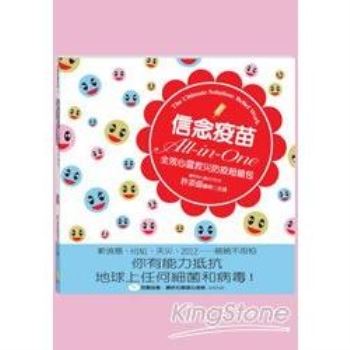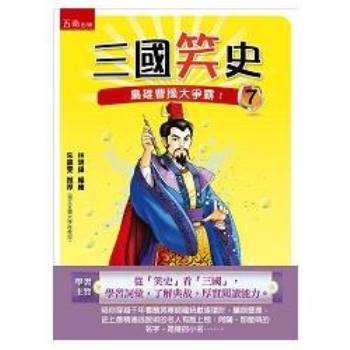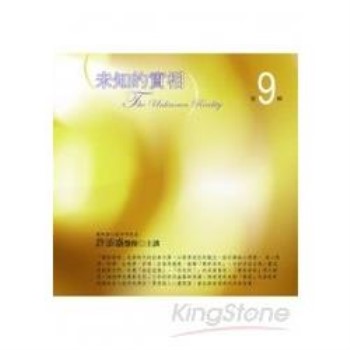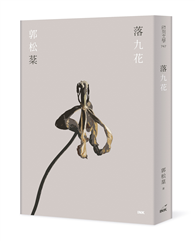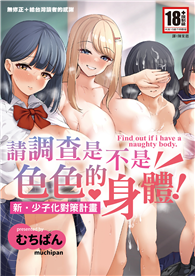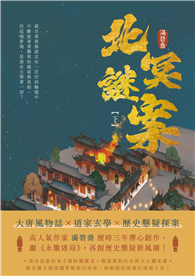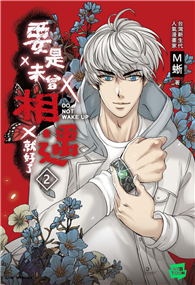| FindBook |
有 1 項符合
THE SPANISH HORSE的圖書 |
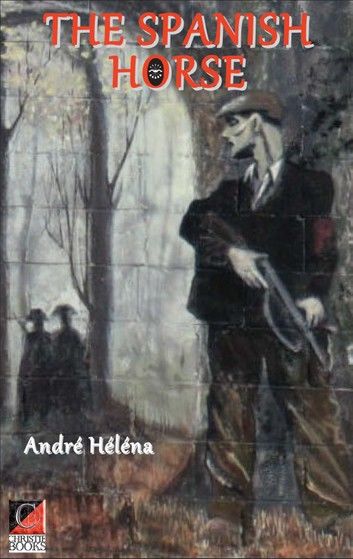 |
THE SPANISH HORSE 作者:André Héléna 出版社:ChristieBooks 出版日期:2015-10-01 語言:英文 |
| 圖書館借閱 |
| 國家圖書館 | 全國圖書書目資訊網 | 國立公共資訊圖書館 | 電子書服務平台 | MetaCat 跨館整合查詢 |
| 臺北市立圖書館 | 新北市立圖書館 | 基隆市公共圖書館 | 桃園市立圖書館 | 新竹縣公共圖書館 |
| 苗栗縣立圖書館 | 臺中市立圖書館 | 彰化縣公共圖書館 | 南投縣文化局 | 雲林縣公共圖書館 |
| 嘉義縣圖書館 | 臺南市立圖書館 | 高雄市立圖書館 | 屏東縣公共圖書館 | 宜蘭縣公共圖書館 |
| 花蓮縣文化局 | 臺東縣文化處 |
|
|
IN THE 1940s AND 1950s, ten and twenty years on from the civil war, a handful of Spanish anarchist exiles waged a stubborn rearguard action against the Franco regime. With his novel The Spanish Horse, André Héléna remains the only French author to seize upon this feat in order to pay tribute to its obscure heroes.
Raised between Narbonne and Leucate, young André was 17 years old when the Spanish Civil War broke out. He was obviously affected by the ripples from the nearby conflict and later by the spectacle of the republican defeat when 500,000 refugees, a mixture of soldiers and civilians, flooded into Roussillon in February 1939 via every border crossing.
What matters in The Spanish Horse is the blend of atmosphere, tension and languour of a Spain that Héléna populates with indomitable, gloomy desperadoes and exiles. He also excels at conveying the sadness of those grey years in a land doing penance under the mantle of Francoism, condemned to genuflection and straight arm salutes, stifling under the fug from incense-burners and stooped under the Falange’s yoke and arrows and with the black tricorn hats of the Civil Guard riding herd on it.
|

